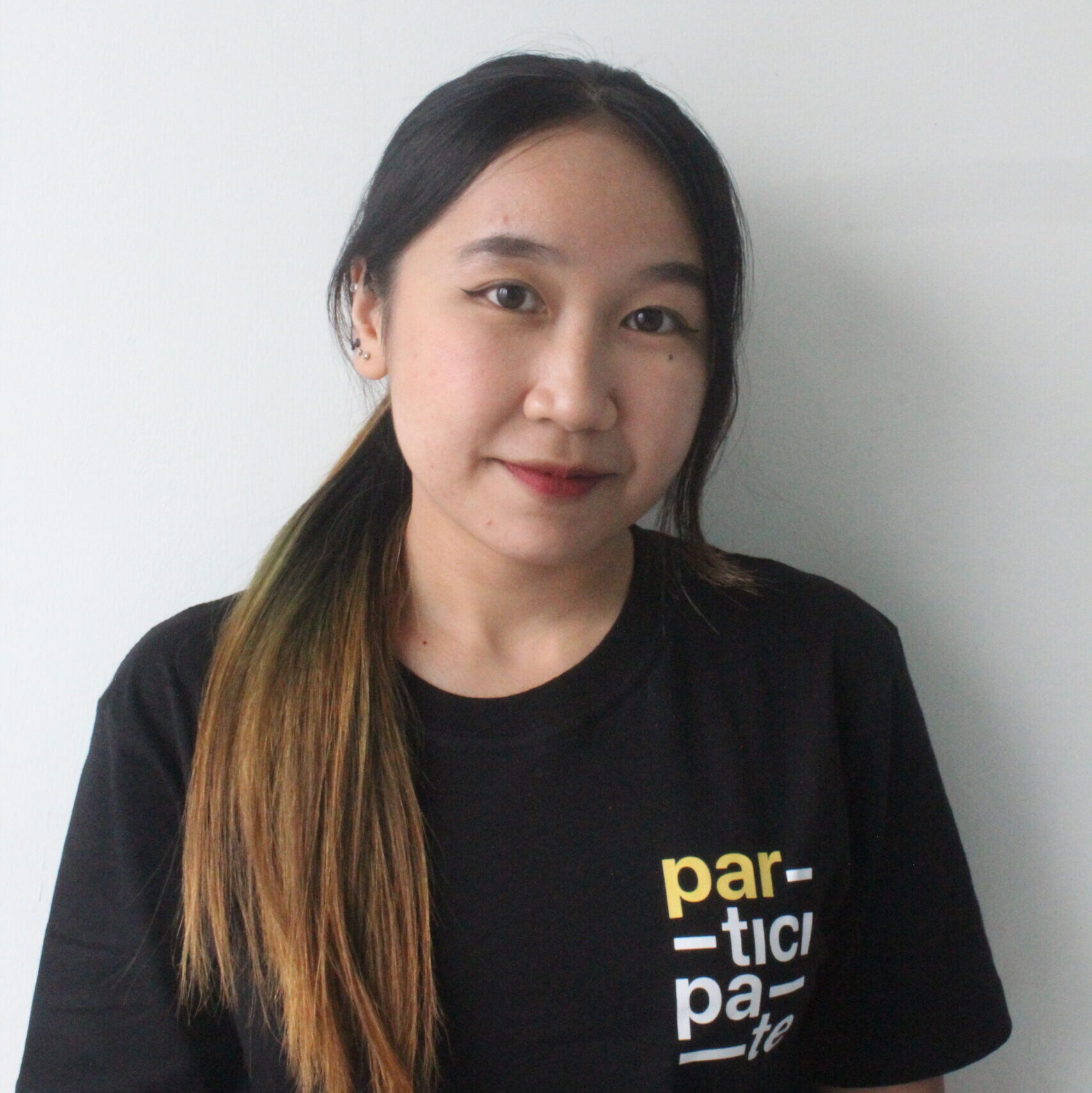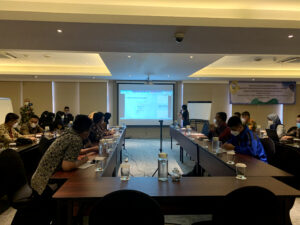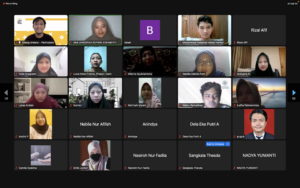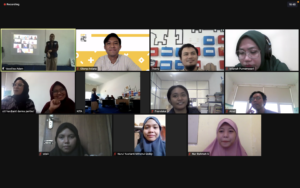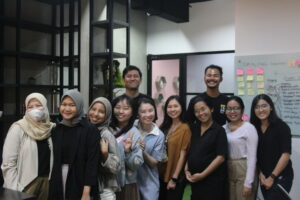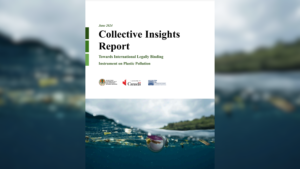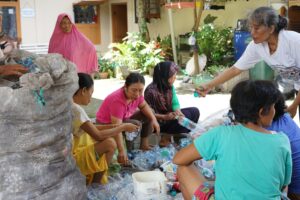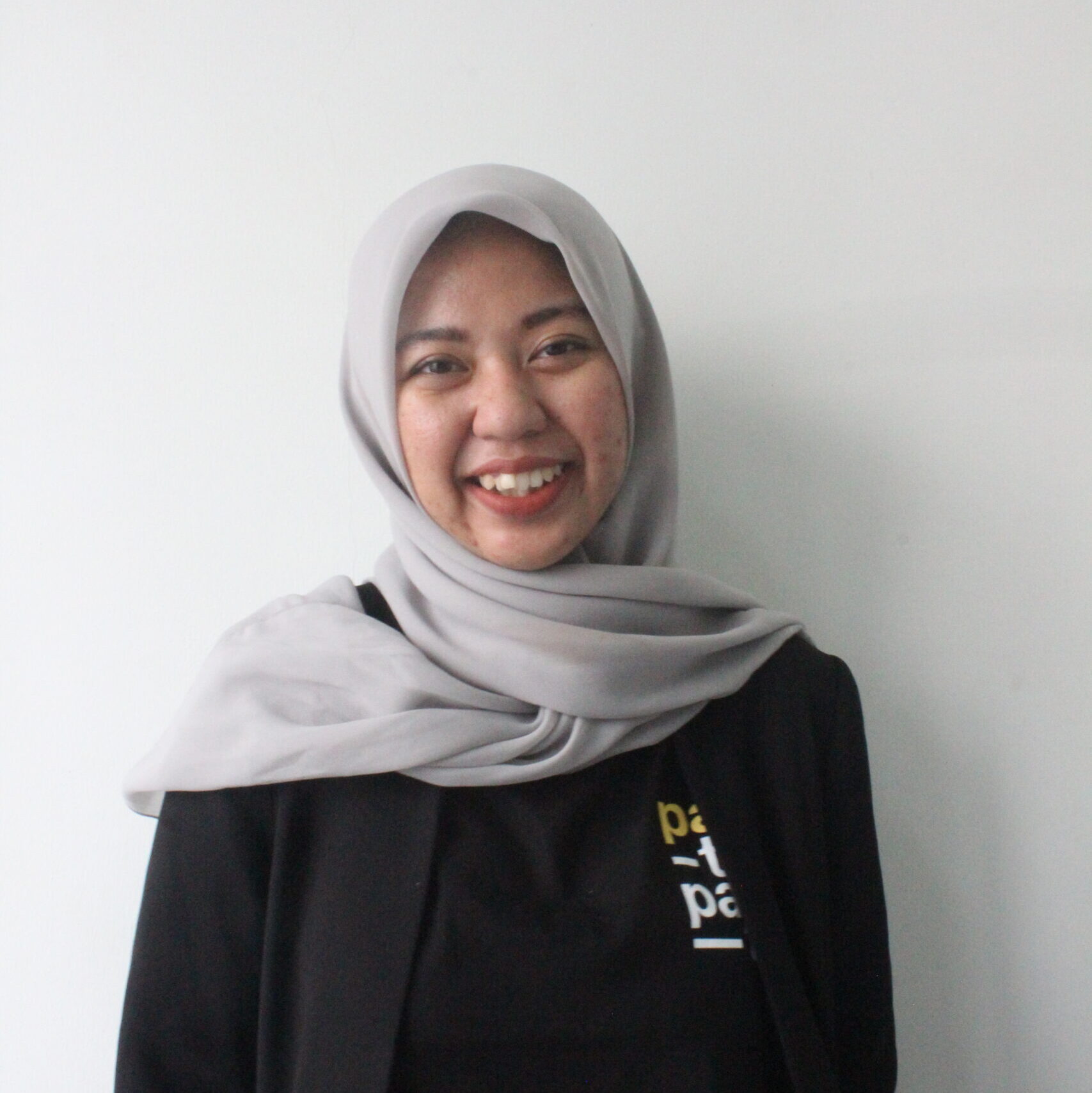Focus Issues
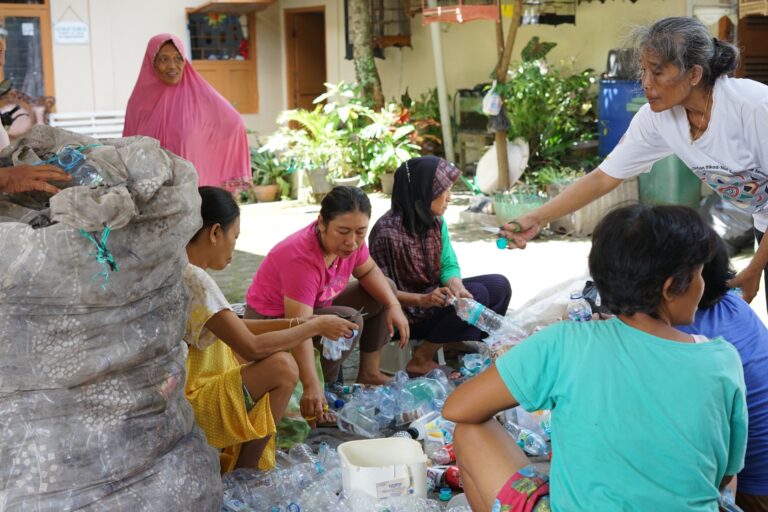
From ensuring participation and resilience to advocating for an inclusive social initiatives that sustains, we focus our works to support and uplift the community. We gather our knowledge and insights in various thematic issues to tackle complex problems and deliver effective solutions in the development sector.
Livelihood
- Education
- Employment and Entrepreneurship
Education
The current educational systems often fail to address the needs of marginalized groups, leading to significant disparities in access and quality. According to UNESCO, 258 million children and youth were out of school in 2018, with girls, rural populations, and people with disabilities being disproportionately affected
Consultants
Monica A. Sylvia
Employment and Entrepreneurship
Traditional economic systems often marginalize vulnerable groups, limiting their opportunities for employment and entrepreneurship. The International Labour Organization reports that global youth unemployment reached 13.6% in 2020, with women and rural communities facing even higher barriers.
Consultants
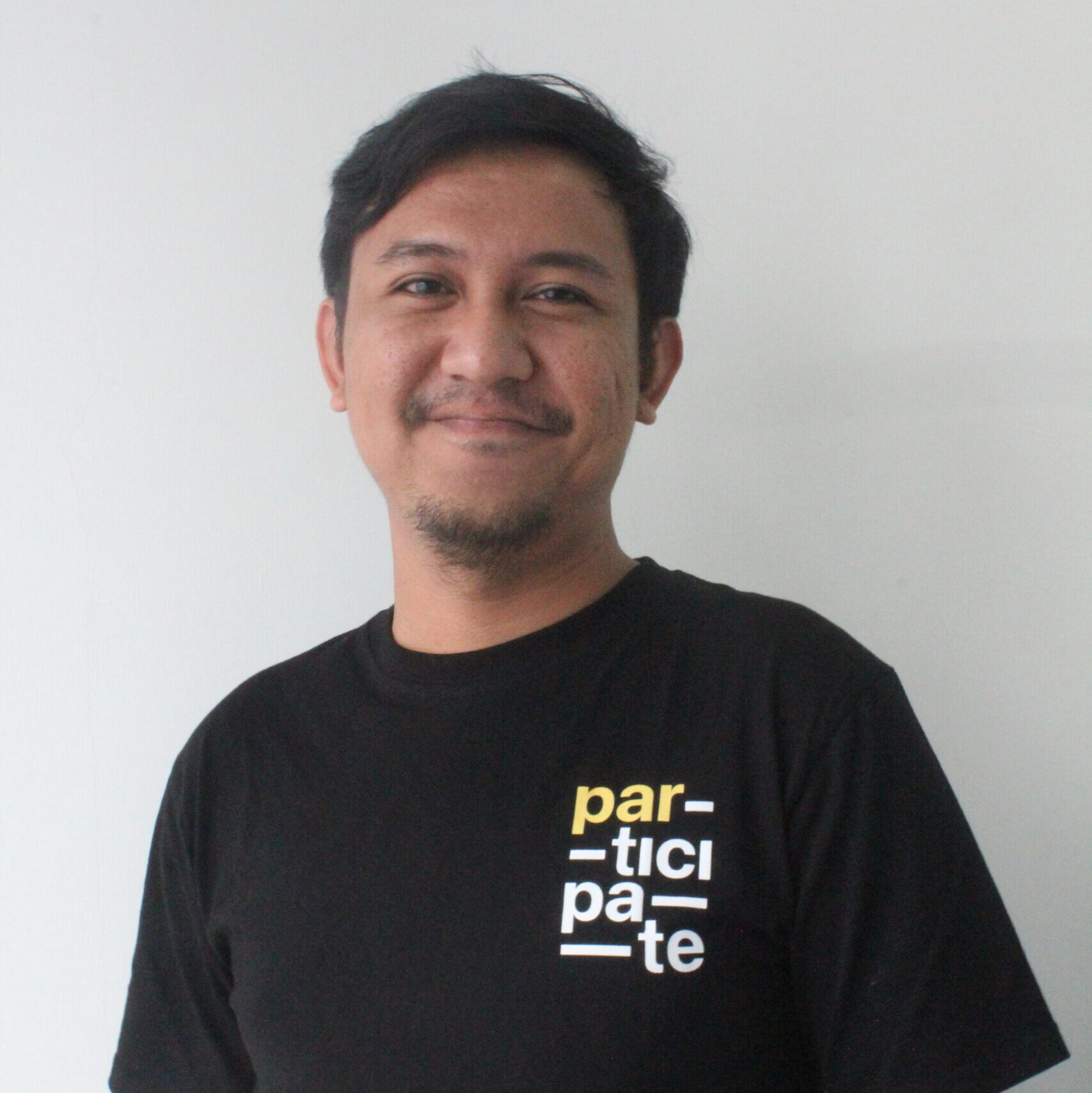
Gilang Ardana
Monica A. Sylvia
Anindya Kirana
Gumilang Andika
Climate Response
- Waste Management
- Climate Resilience
- Food Security & Agriculture
Waste Management
Current waste management practices are often inadequate, leading to environmental degradation and health hazards, especially in underserved communities. According to the World Bank, the world generates 2.01 billion tonnes of municipal solid waste annually, with at least 33% not managed in an environmentally safe manner.
Consultants

Gilang Ardana
Climate Resilience
The impacts of climate change disproportionately affect marginalized communities, exacerbating existing vulnerabilities. The UNFCCC highlights that climate change could push an additional 122 million people into extreme poverty by 2030, primarily in developing countries.
Consultants
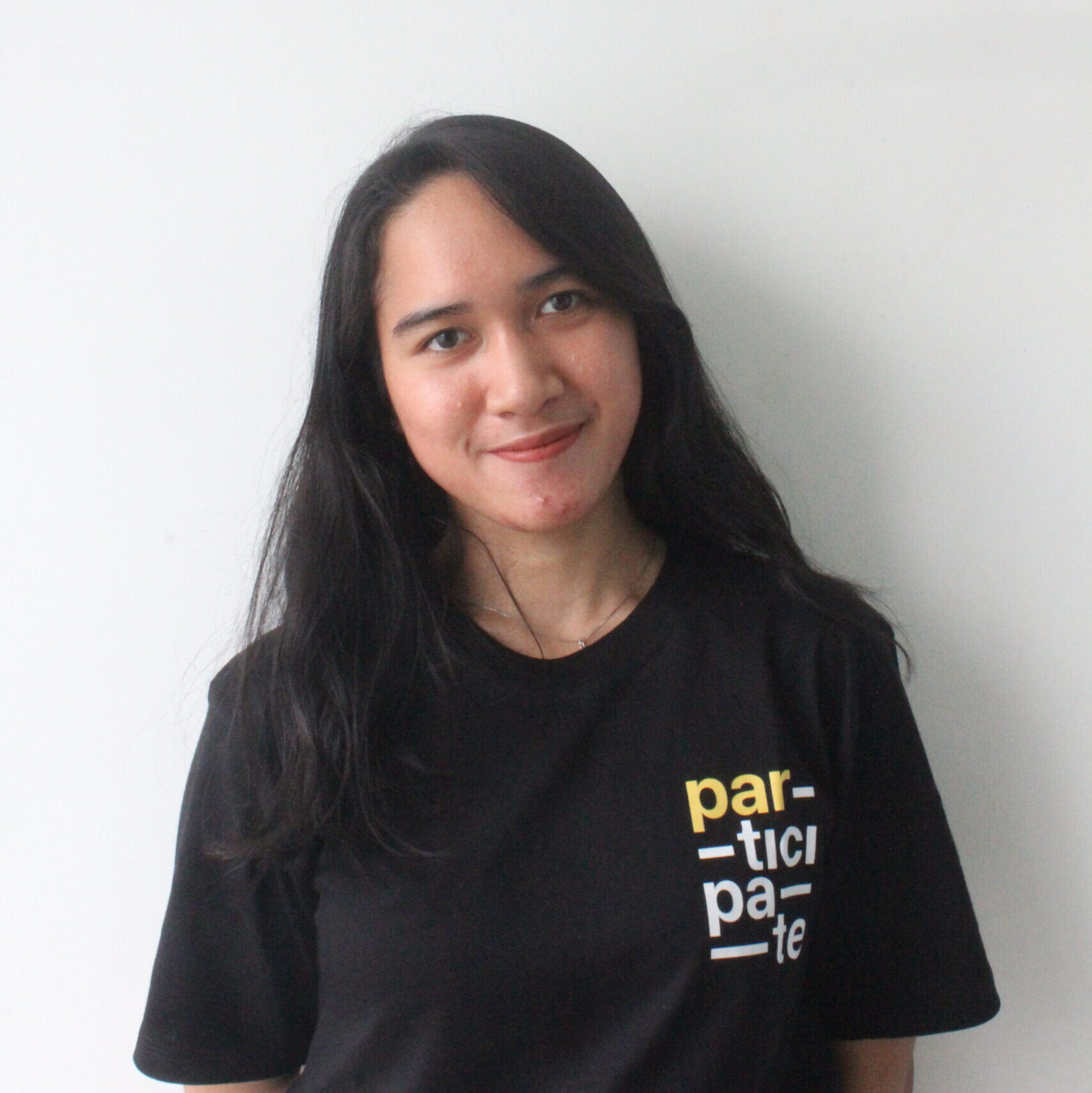
Indiana Salsabila
Food Security & Agriculture
The current agricultural systems often fail to ensure food security, particularly for smallholder farmers and rural populations. The FAO reports that nearly 690 million people were undernourished in 2019, with small-scale farmers facing significant challenges in productivity and market access.
Consultants
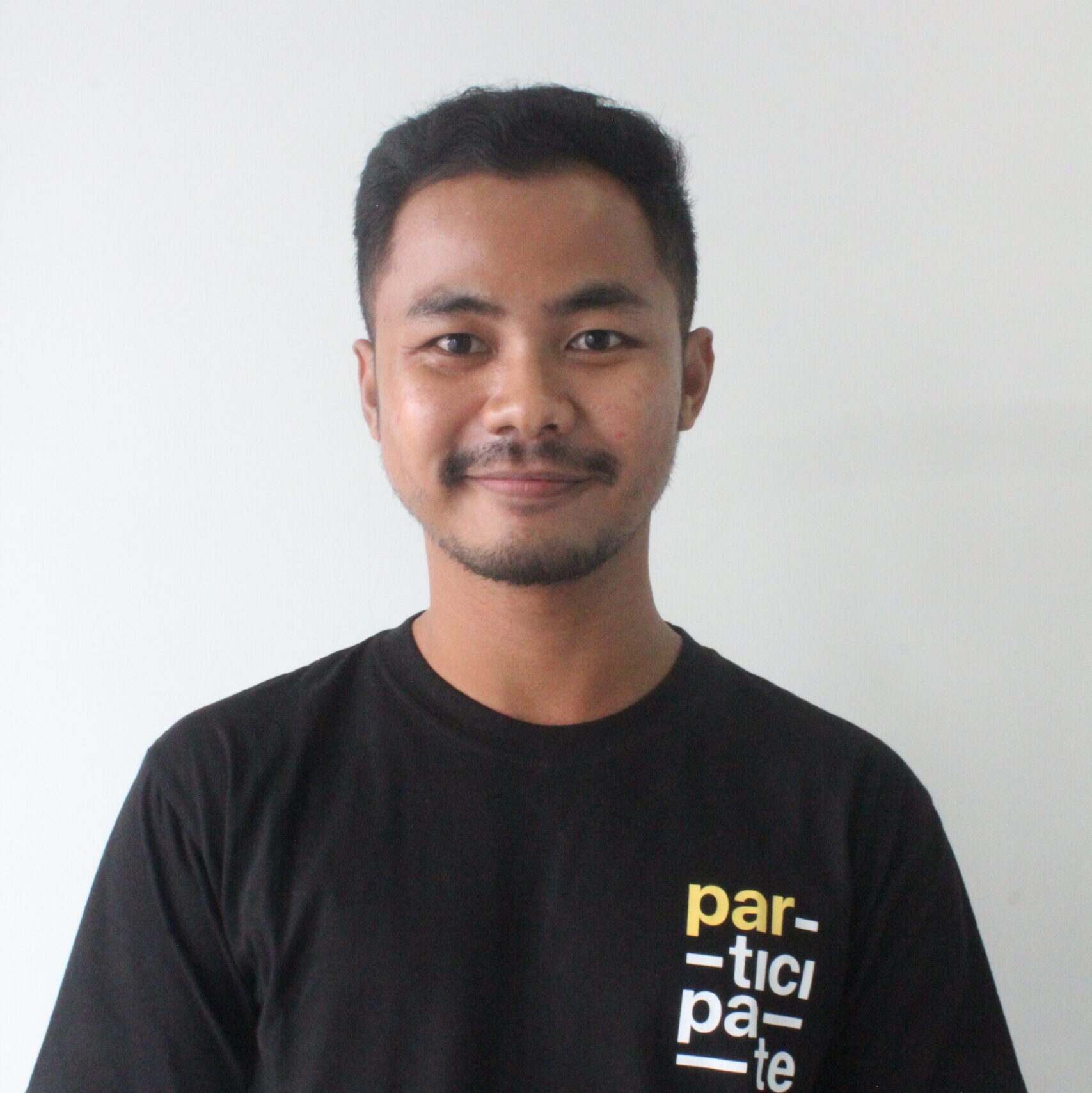
Gumilang Andika
GEDSI & Civic Engagement
- SRHR
- GEDSI-responsive Programming
- Youth Civic Space and Participation
SRHR (Sexual and Reproductive Health and Rights)
Existing SRHR frameworks often exclude marginalized groups, limiting their access to essential services and information. The WHO reports that more than 200 million women in developing countries who want to avoid pregnancy are not using modern contraceptives.
Consultants
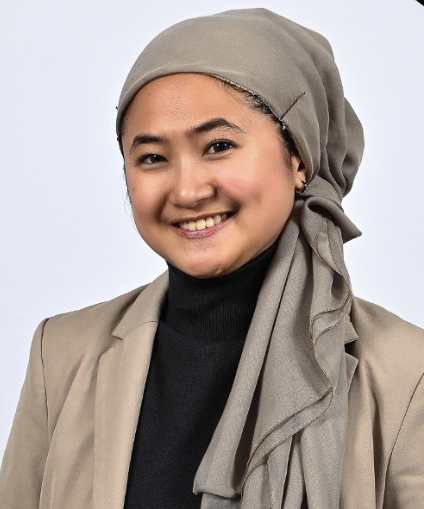
Naura N. Haryanto
Consultant Profile
GEDSI-responsive Programming
Current development programs frequently overlook the needs of gender, disability, and socially excluded groups, perpetuating inequality and exclusion. According to UN Women, women are more likely to live in poverty, face higher levels of violence, and have less access to education and economic opportunities.
Consultants

Gilang Ardana
Gumilang Andika
Youth Civic Space and Participation
Young people often face significant barriers to participation in civic and political processes, limiting their ability to influence decisions that affect their lives. The United Nations notes that only 2.6% of the world’s parliamentarians are under 30 years old.
Consultants

Gilang Ardana
Monica A. Sylvia
Anindya Kirana
Indiana Salsabila
Education
The current educational systems often fail to address the needs of marginalized groups, leading to significant disparities in access and quality. According to UNESCO, 258 million children and youth were out of school in 2018, with girls, rural populations, and people with disabilities being disproportionately affected
Consultants
Monica A. Sylvia
Employment and Entrepreneurship
Traditional economic systems often marginalize vulnerable groups, limiting their opportunities for employment and entrepreneurship. The International Labour Organization reports that global youth unemployment reached 13.6% in 2020, with women and rural communities facing even higher barriers.
Consultants

Gilang Ardana
Monica A. Sylvia
Anindya Kirana
Gumilang Andika
Waste Management
Current waste management practices are often inadequate, leading to environmental degradation and health hazards, especially in underserved communities. According to the World Bank, the world generates 2.01 billion tonnes of municipal solid waste annually, with at least 33% not managed in an environmentally safe manner.
Consultants

Gilang Ardana
Climate Resilience
The impacts of climate change disproportionately affect marginalized communities, exacerbating existing vulnerabilities. The UNFCCC highlights that climate change could push an additional 122 million people into extreme poverty by 2030, primarily in developing countries.
Consultants

Indiana Salsabila
Food Security & Agriculture
The current agricultural systems often fail to ensure food security, particularly for smallholder farmers and rural populations. The FAO reports that nearly 690 million people were undernourished in 2019, with small-scale farmers facing significant challenges in productivity and market access.
Consultants

Gumilang Andika
SRHR (Sexual and Reproductive Health and Rights)
Existing SRHR frameworks often exclude marginalized groups, limiting their access to essential services and information. The WHO reports that more than 200 million women in developing countries who want to avoid pregnancy are not using modern contraceptives.
Consultants

Naura N. Haryanto
Consultant Profile
GEDSI-responsive Programming
Current development programs frequently overlook the needs of gender, disability, and socially excluded groups, perpetuating inequality and exclusion. According to UN Women, women are more likely to live in poverty, face higher levels of violence, and have less access to education and economic opportunities.
Consultants

Gilang Ardana
Gumilang Andika
Youth Civic Space and Participation
Young people often face significant barriers to participation in civic and political processes, limiting their ability to influence decisions that affect their lives. The United Nations notes that only 2.6% of the world’s parliamentarians are under 30 years old.
Consultants


